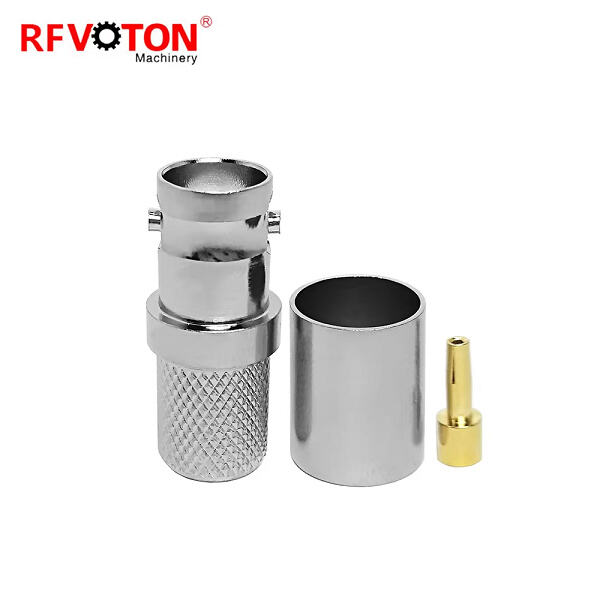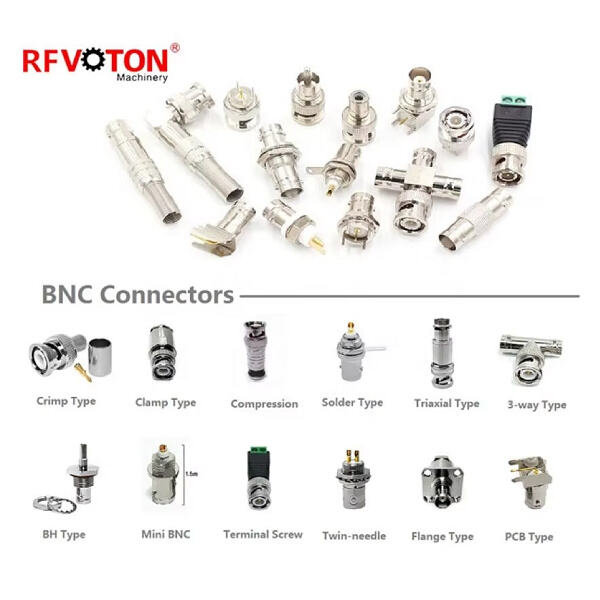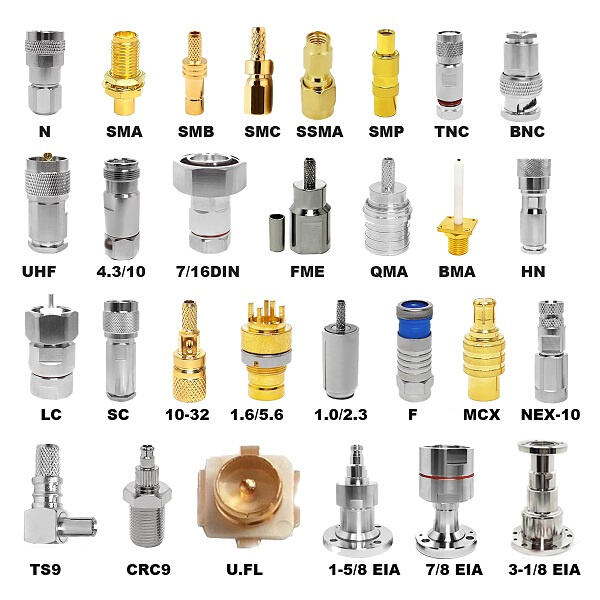A BNC connector plug is a special type of connector that is used in between electronic equipment. These connectors are found in a host of consumer electronics, from computers and cameras to TVs. Read on to find out more about BNC connectors, what are they, do you need them, and where you can use them in technology.
BNC connector is a special connector, which is easy to connect and connect. It is a slotted outer and inside is a pin which secures into the slot. With the Double Nuts design, you don't need any tools to connect or disconnect the BNC connectors. The BNC connector is named after its inventors, Paul Neill and Carl Concelman, who invented it in the 1950s.
BNC connectors have lots of uses in electronics. They assist in transmitting signals between devices without degradation. This is particularly true when transferring data between devices such as computers and monitors. BNCs are employed in networking equipment to link computers to servers, as well. Electronic devices of various types would be difficult to hook up and share information without BNC connectors.

BNC is the abbreviation used for Bayonet Neill-Concelman. This term is derived from the manner in which the connector is connected to equipment. The word "bayonet" refers to a type of locking known as rifle. And this is what makes the BNC connector durable and easy to use, even for kids. Neill and Concelman sought to create a connector that was simple and effective, and they did so with the BNC.

The BNC is a very versatile connector, which means you find it in several locations. They can be seen in surveillance cameras, oscilloscopes and even medical equipment. They also find application to radio frequency, as they are capable of working with a wide frequency without any change in signal quality. This also makes them very crucial in numerous industrial sectors that require dependable connectivity.

BNC connectors are important with technology because they ensure a device is connected to another closely and securely. They can be found in telecommunications, at broadcasters and in the military. They're also present in test gear to make precision signal measurements. Without BNC connectors it would be next to impossible to share information between equipment and know that it has been transmitted properly.
can design and customize products according customer needs, including the provision samples, product configuration bnc connector meaning, testing, and optimization services. make coaxial connectors in SMA, N, F BNC, TNC QMA, EIA, 7/16DIN, 4.3/10, UHF, MCX M5, 10-23 and other models. are preparing ourselves to be a major player RF industry.
products mainly shipped North America and Europe, and we've worked with variety of Fortune 500 companies, well-known bnc connector meaning, and research institutions. export our products to more than 140 countries and regions.anticipate working with you as your supplier.
have passed certifications like ISO9001, CE RoHS, FCC UL IP68. also hold 18 patents for our bnc connector meaningand recognized as an enterprise with high-tech capabilities within Jiangsu Province. products have been tested and certified meet the needs of your business, they are excellent quality.
Zhenjiang Voton Machinery Co., Ltd.is high-tech certification bnc connector meaning, just involved in R and D, sales service of RF adapters, RF connectors coaxial cables and antennas, also in the production of surge arrestors, passive components, but also customized according to the requirements of the customer such as proofing services along with product configuration, tests and optimization.